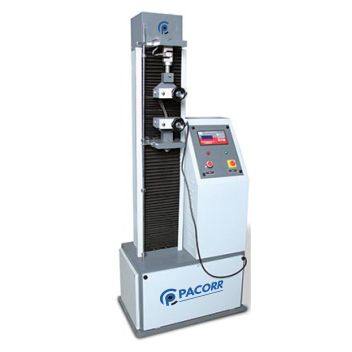
Give Your Products Longer Life With Tensile Testing
In any industry, the strength of a product or material decides its service life. For any material or products, when they are used or subjected to extremely high level of forces, they need to be strong enough to resist such forces and ensure that they do not fail prematurely. The manufacturers of any plastic or metallic products need to test the quality, strength and performance of their materials as well as their products to ensure that they will be able to bear the extreme tensile forces during their extreme usage in the harsh industrial environment without experiencing any failure, deformation or defacing.
The tensile strength of any material depicts its ability to work under extremely high levels of stress and force impacts. The manufacturers must keep in mind that the products they are delivering to the clients have enough tensile strength to survive the extreme conditions.
To test the tensile strength of the products and materials, the manufacturers need highly sophisticated testing instrument with accurate results to ensure best quality and performance of the end products. The tensile testing machine is a commonly used testing instrument in the industrial laboratories to test the quality and strength of the specimen and ensure that the end product will be able to deliver the best performance as desired from them during usage under extreme mental as well as physical stress. The instrument is easy to operate and gives accurate test results as the instrument is equipped with highly sensitive load cells and is designed with adherence to international testing standards. This way, the manufacturers can give their clients the best quality products with high tensile strength and longer services life.


